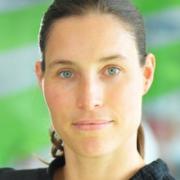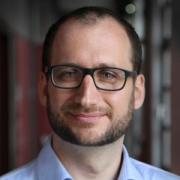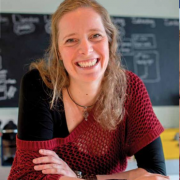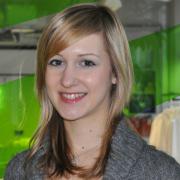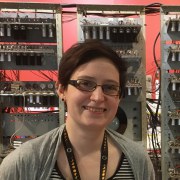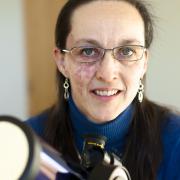Hands-on science workshops: wow-effect vs. real science
In our science centres or hands-on laboratories we aim to offer visitors a first-hand experience of the beauty of science. However, what the audience expects when signing up for a science workshop, might be very different to what the work of a scientist looks like in real life.
What if there is no crazy professor, surrounded by bubbling liquids and exploding lab equipment? And is what’s left enough to engage and fascinate our target group? Do we have to find the perfect trade-off between reproducing the reality of a scientific lab and creating spectacular wow-effects that make children’s eyes glow? Or is the real task finding the right science communication tools so that the wow-effects arise by themselves?
In this session, five speakers of five different institutes will present a wide spectrum of how hands-on science workshops can be organised to succeed. Approaches range from open, unsupervised workshops incorporated into a science centre to closed, supervised laboratory settings in a research institute. Speakers will share, compare and discuss their very own experiences of provoking wow-effects and give insights into their trial and error in developing science workshops.
Session speakers
Head of Exhibition and Education
Science self-efficacy experiences as the lasting WOW effects. Technorama offers a variety of hands-on activities ranging from short tinkering sessions to three hour workshops. The common goal is to facilitate an experience of science self-efficacy. The moment where the visitor understands a new little piece of the world through his own observations, actions and reasoning. For us, this is the lasting WOW effect that we hope will get our visitors interested in science. In this session I will report on how we keep on failing to create these experiences.
Audience Research and Innovation Manager
One of the common reasons why people are turned off by science is that it’s seen as “not for me”. Do science centres, labs and workshop settings inadvertently reinforce this view? How can a lab space be perceived as accessible but also real and exciting? The focus at the Centre for Life has changed to one of visitor led experiences. I highlight the successes and lessons learnt from Experiment Zone (a public wet lab) and how we’ve taken the approach further with research labs in Brain Zone.
Stockholm House of Science
Cosmic rays – making the invisible visible High school projects provide an excellent opportunity to inspire students and let students learn how to work scientifically. Stockholm House of Science and the department of physics at KTH give last year high-school students the opportunity to study cosmic rays by letting them borrow our muon detectors and testing their own hypotheses concerning e.g. the influence of different parameters on the muon flux. This gives them experience in working with advanced instrumentation to produce scientific data, and an insight into the way scientists work. I will describe how the projects are conducted, show examples of completed projects, and discuss the impact as shown in student evaluations.

